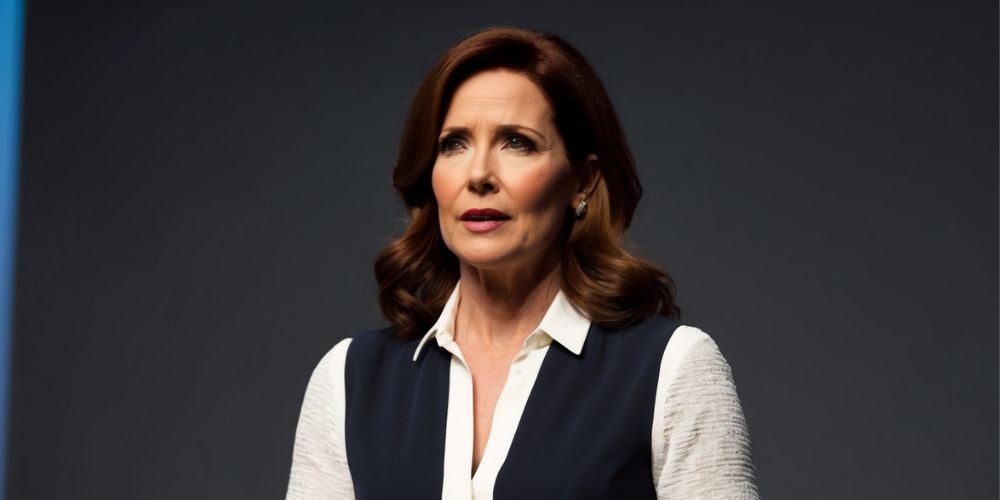Jennifer Hale Raises Red Flags Over Generative AI Impact on Voice Acting
- Sep 02, 2024
- 915

Jennifer Hale, the voice behind the iconic Commander Shepard in Mass Effect, is sounding alarm bells over the accelerating use of generative AI in the entertainment industry. With a storied career that spans back to the late 1980s, Hale has voiced notable characters like Naomi Hunter in Metal Gear Solid and Bastila Shan in Star Wars: Knights of the Old Republic. She joins a growing number of industry veterans concerned about how AI could undermine the craft and job security of human voice actors.
The concern is palpable among professionals as AI's ability to replicate human voices without consent has sparked significant controversy. Traditional roles for voice actors are at risk, potentially replaced by AI-generated voices that mimic their human counterparts with eerie accuracy. The implications are severe enough that the Screen Actors Guild-American Federation of Television and Radio Artists (SAG-AFTRA) launched a strike against major developers in the U.S. last July. This move by SAG-AFTRA underscores the growing urgency within creative communities.
Hale, known for her rich and dynamic voice work, recently took her concerns to Variety, where she emphasized the dual nature of AI as both a tool and a weapon. She described AI as "a hammer" that can either construct or destruct. It’s not just the replication that worries her but the ethical considerations that come with it. This perspective highlights the tensions between technological advancements and the preservation of human labor in creative industries, positing a stark warning about the future if changes aren’t implemented.
There are efforts underway to mitigate the issue. Hale noted that the National Association of Voice Actors has approached Congress to advocate for legislation that would protect voice actors from unauthorized replication. Proposed measures, such as the "No Fakes Act," seek to ensure that artists and performers receive due compensation for their vocal contributions. Hale poignantly remarked on the necessity of compensatory measures by saying, “If you use something that originated in our body or our voices, can we please get paid?” This underscores the economic realities at stake for countless professionals.
This isn't an isolated concern. The debate around generative AI has also entrapped companies like Square Enix and Wizards of the Coast, who faced backlash over their AI strategies. Even Nintendo has stated it won’t be integrating generative AI into its original games. Hale's involvement in this discussion lends significant weight to the ongoing conversation regarding the ethical use of AI in the entertainment industry. It’s a pressing issue that requires balanced, forward-thinking solutions that align technological progress with the humane treatment of creative professions.